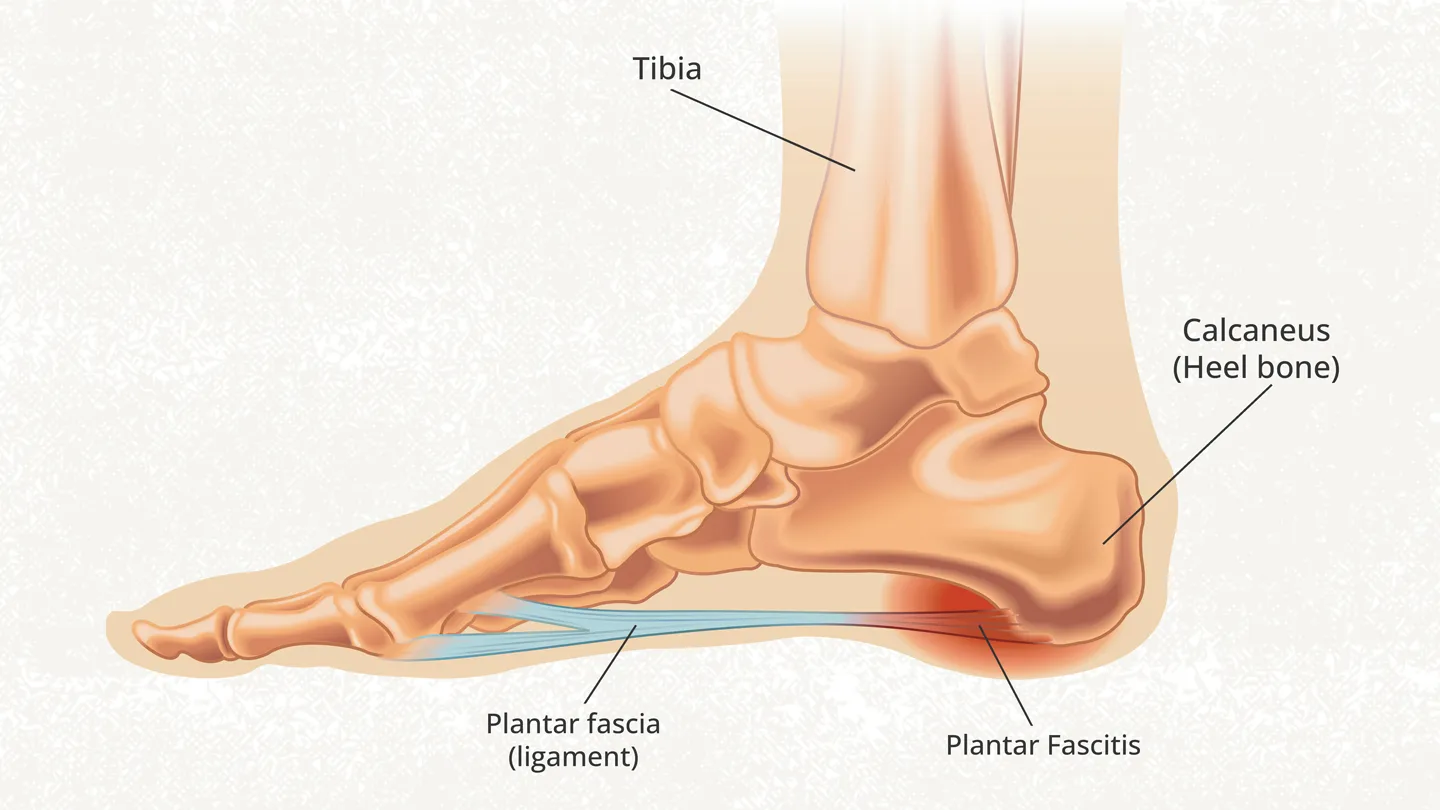Understanding Arthritis and Why You May Need to See a Specialist
Arthritis is a common condition that causes inflammation and stiffness in the joints. There are over 100 types of arthritis, with osteoarthritis and rheumatoid arthritis being two of the most prevalent. An arthritis specialist, called a rheumatologist, may be needed for proper diagnosis and to help manage more severe or complex cases.
Symptoms that Indicate You Should See a Rheumatologist
Some key signs that you may need to visit a rheumatologist, especially a arthritis dr near me, include:
- Joint pain, swelling, and stiffness that persists for more than 6 weeks
- More than one joint that is affected
- Other symptoms like fever or weight loss along with joint problems
- Difficulty with daily activities due to arthritis symptoms
Why Visit a Specialist for Arthritis
A rheumatologist specializes in properly diagnosing and finding the best treatment plans for complex inflammatory joint diseases. Some key reasons you may need to see an arthritis doctor include:
- Identifying the specific type of arthritis, which can often be difficult for general practitioners to diagnose
- Providing medications like steroids, DMARDs, or biologics if the arthritis is not well managed with other treatments
- Creating a tailored treatment plan involving multiple specialists or approaches when needed
- Monitoring disease progression and adjusting medications accordingly
Finding the Best Arthritis Doctor Near You
If you think it's time to visit a specialist for your arthritis issues, here are some tips for finding the right arthritis dr near me for your situation:
Check if Your Insurance is Accepted
Since appointments with a rheumatologist often require referrals and can be expensive, you want to find a doctor that accepts your health insurance provider. You can ask your primary care doctor for recommendations or check directly with your insurance company.
Browse Online Reviews
Once you have some doctors in mind, search for their names online to read patient reviews. This can give you an idea of their bedside manner, wait times, and how well they communicate treatment plans.
Ask About Experience with Your Form of Arthritis
Make sure to ask if the rheumatologist has a lot of experience and patients with your specific arthritis diagnosis. Knowledge of current treatments and approaches can vary depending on the type of inflammatory arthritis.
Consider Logistics Like Location
Think about convenience factors as well, like a arthritis dr near me with shorter commute times or flexibility in appointment dates and times. This may become especially important if you need frequent monitoring or IV medications.
Key Questions to Ask a Potential New Rheumatologist
When meeting with a new arthritis specialist, come prepared with questions to make sure they will be a good fit for your needs.
Do you have experience treating my form of arthritis?
Confirm that the doctor has expertise dealing specifically with your type of arthritis and its associated challenges.
What treatment approaches do you use?
There are many options to manage arthritis, including medications, physical therapy, alternative treatments, and surgery in some cases. Understand the full range of what the rheumatologist recommends for patients.
How quickly will I be able to start treatment?
Some doctors may have long wait times before you can begin medications or other arthritis therapies. Ask about typical timelines to understand expectations.
Can I contact your office outside appointments?
Managing chronic inflammatory arthritis often requires some degree of communication between appointments. Find out how easy it is to get questions answered by the doctor or staff when needed.
Working with Your Rheumatologist for Ongoing Arthritis Care
After finding the right arthritis dr near me for your situation, you will need to develop an effective working relationship for managing your disease long-term.
Keep Track of Symptoms and Report Changes
Pay close attention to your inflammation levels, pain, mobility challenges, and other arthritis signals between appointments. Keeping detailed notes and flagging any new or concerning patterns to your doctor can help guide treatment tweaks.
Come Prepared with Questions
At each visit, have a written list ready of current symptoms, medication effects (good and bad), changes since your last visit, and any other questions related to lifestyle adjustments or worries about progression.
Stay Informed on New Treatments
New medications and complementary treatment options for arthritis may come along over time. Mention these to your rheumatologist to discuss whether they make sense for adding to your care plan.
Follow Recommended Treatment Plans
For the best results controlling your arthritis, closely adhere to your doctor's recommendations for medications, physical therapy, exercise, diet changes and any other aspects they advise as part of your customized strategy.
Finding the right rheumatologist that you trust and communicate well with plays a key role in successfully managing the pain and disruption of arthritis over the long run. Use the guidance above to make this important specialist decision and establish a strong relationship.
FAQs
What are some warning signs I should visit a rheumatologist?
See a rheumatologist if you have joint swelling, pain, and stiffness lasting over 6 weeks, multiple affected joints, other symptoms like fever with joint problems, or difficulty doing daily tasks due to arthritis symptoms.
Will my regular doctor refer me to a rheumatologist?
Your primary care physician can provide you with a referral to see a rheumatology specialist. They may also recommend specific doctors to consider that accept your insurance plan.
Are there ways to reduce appointment costs with a rheumatologist?
Yes, make sure to ask if the rheumatologist accepts your insurance plan before making appointments. Consider more affordable telemedicine appointments when possible for follow-ups. Ask if they offer payment plans for larger treatment costs.
What should I bring to my first rheumatologist appointment?
Have your medical records, insurance information, a list of current symptoms and medications, and any tests or imaging related to your arthritis issues ready for your first visit. Tracking your symptoms leading up can also help the diagnosis process.
Disclaimer: This article is for informational purposes only and does not constitute medical advice. Always consult with a healthcare professional before starting any new treatment regimen.
Related Coverage
Coping with retinol irritation like burning, redness, dryness? Learn how long symptoms last, when to worry, and get aftercare tips to heal skin post inflammation....
The autoimmune protocol (AIP) diet aims to reduce inflammation by eliminating trigger foods. Learn what you can and cannot eat on AIP, plus find an AIP meal plan....
Dermatologists recommend leaving pimple patches on for 6-12 hours ideally overnight for best results. Learn what happens if left on too long and aftercare once removed....
Get the facts on caffeine consumption with rheumatoid arthritis including coffee, tea, soda and energy drinks. Understand the latest research on risks versus benefits....
Danielle Collins and Donna Vekic managed rheumatoid arthritis to achieve professional tennis success. Learn how they adapted training, competed through pain, and raised awareness....
Answers to the most frequently asked questions about the differences between self-care and self-soothing behaviors and techniques....
Discover soursop leaf tea's traditional benefits, optimal preparation, safe dosing, and latest research on efficacy. Learn to use this intriguing botanical beverage....
Turner syndrome occurs in 1 in 2000-4000 female births. Discover famous people with Turner syndrome who have thrived as actors, advocates, record-setters and more....
Learn how Graves' disease and Hashimoto's thyroiditis differ in their causes, testing, symptoms, and treatment approaches for hyperthyroidism vs hypothyroidism....
Driving long distances can worsen rheumatoid arthritis foot pain. Learn techniques to prevent and treat discomfort before, during, and after extended time driving....









